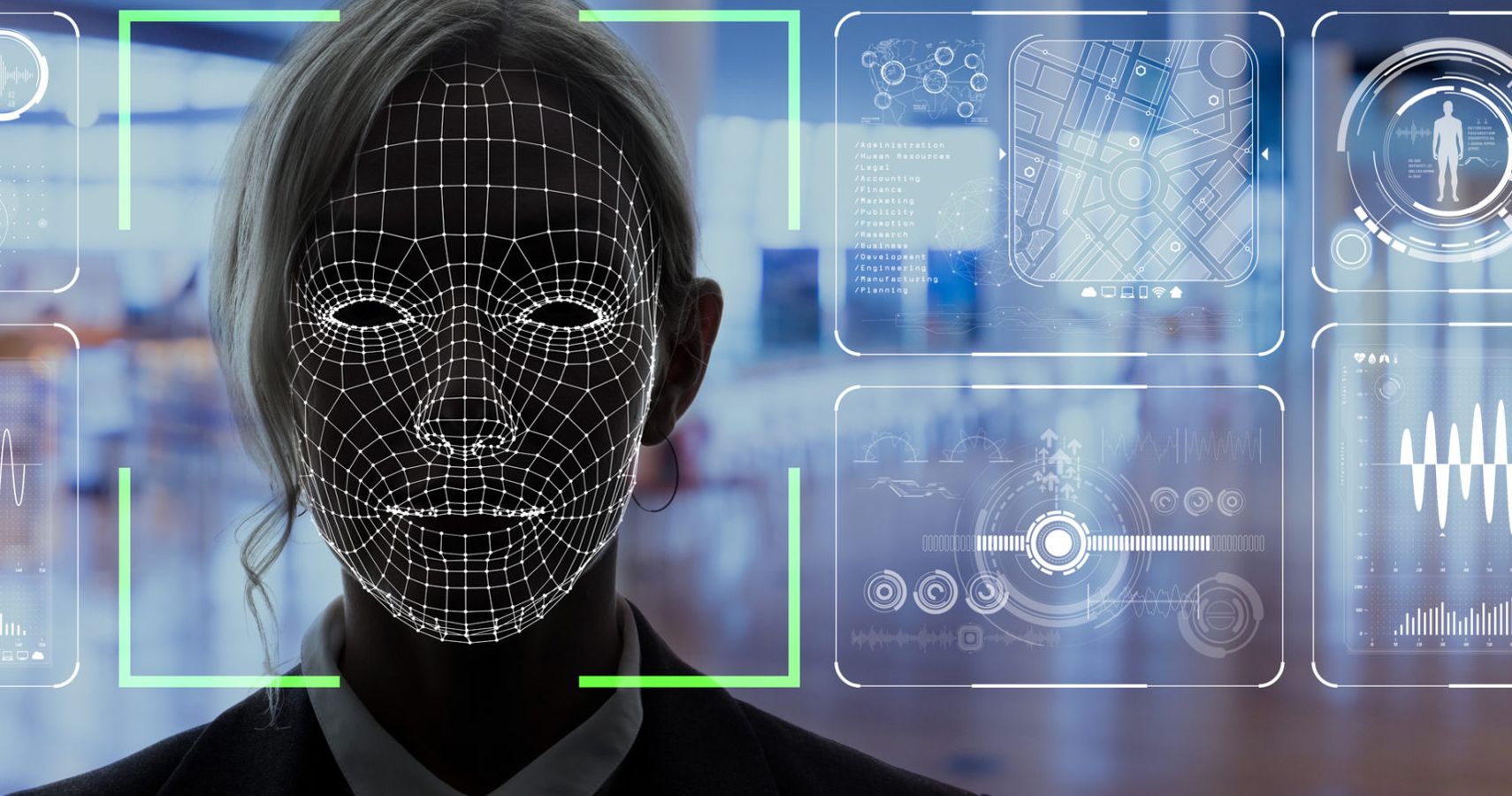The latest innovation in airport security is now being utilized at Shanghai's Hongqiao airport, with hopes of speeding up boarding service, while keeping passengers safe. Since Monday, new facial recognition software has now been integrated into the airport's security systems, so that check-ins are now automatic, eliminating line-ups in the terminal.
Shanghai is but one place in China where facial recognition is being tested. The country's expected to get other major airports on board, especially in Beijing and Nanyang, the latter located in China's Henan province. Pending the results of those tests, the government is hoping to be a major global player in the airport security industry.
According to the Civil Aviation Administration of China, the difference is that Shanghai's is fully automated and available at self-service stops where passengers can get the green light for checking in baggage and boarding once they get security clearance. Other airports in China using facial recognition features built into their security protocol still require some manual labor to operate the innovation.
PREVIOUSLY: DELTA LAUNCHES STAR TREK-LIKE FACIAL RECOGNITION TO CHECK IN AT AIRPORT
Already, Spring Airlines, a Chinese carrier, has implemented the system as part of its check-in procedures, although it's only available to those with Chinese identity cards. Those with access to the service managed to cut down their check-in time to about 90 seconds as opposed to taking the more antiquated and far more time-consuming route. Spring reported about 87 percent of its passengers used the automated service on Tuesday.
Facial recognition isn't restricted to airports in China. A KFC outlet near Shanghai allows customers to order and pay for meals, while Macau has several ATM systems that use the feature to cut down on money laundering. The Chinese government has been using it as well as police forces looking for people of interest in crowds in public places. So far, it's been successful in picking off jaywalkers, although ambitions extend far beyond pedestrian safety with work continuing on an integrated surveillance system that will eventually spread across the country.
Arguably, public safety is the big focus, although human rights advocates are worried about how authorities might use such biometric data down the road. Concerns range from the potential for using the technology as a form of social control, while tracking certain individuals also raises issues over privacy.
READ NEXT: CUSTOMS BEAGLE DISCOVERS ROASTED PIG IN LUGGAGE AT ATLANTA AIRPORT

